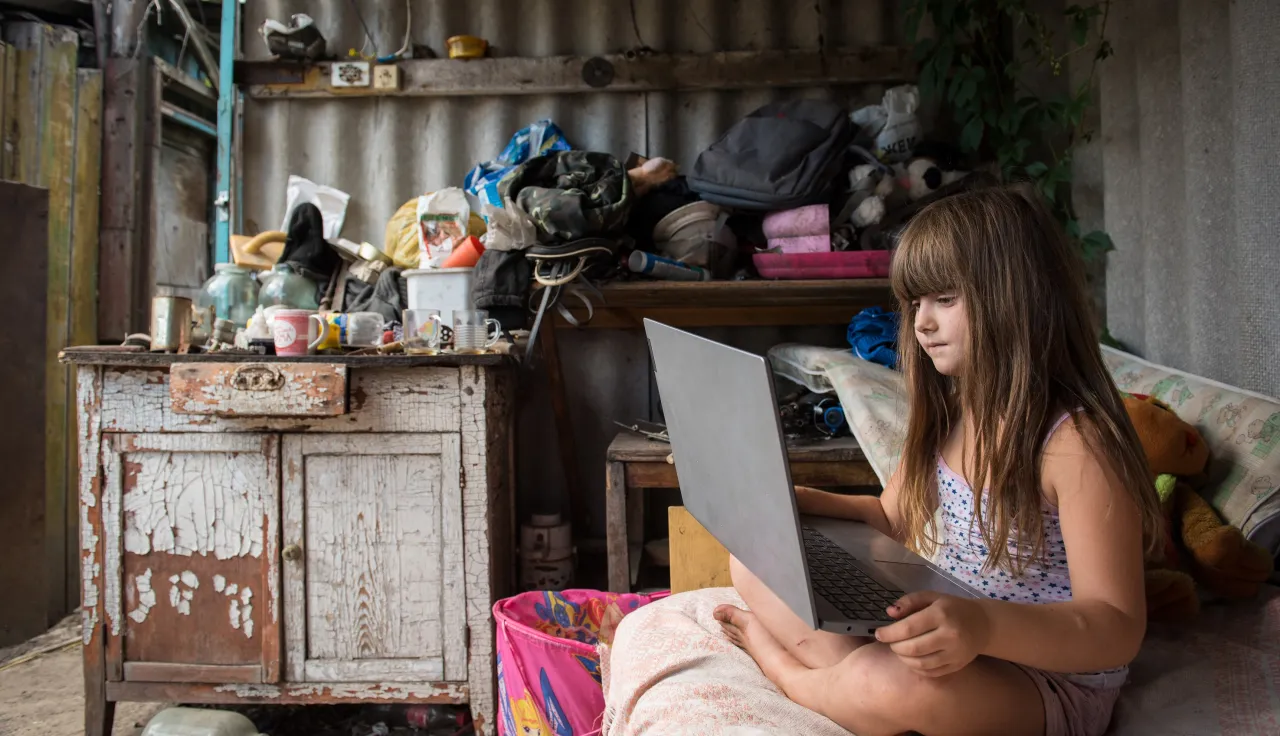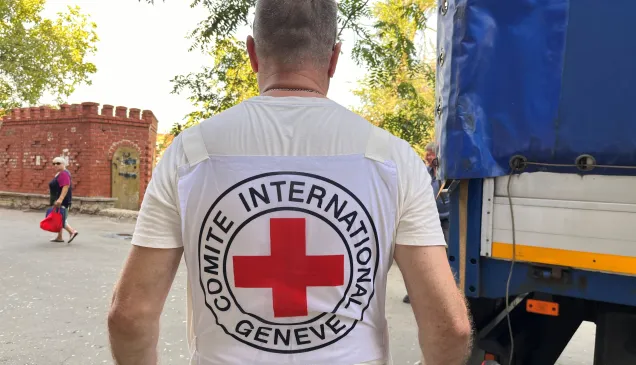ICRC launches its new 2021-2026 strategy on access to education

The 9th September marks the International Day to Protect Education from Attack and symbolizes the commitment of states as well as humanitarian and development actors to ensure safe, enabling learning environments in humanitarian emergencies.
In 2017, the ICRC stepped into the space of education precisely for this reason. Today, in 2021, the access to education program marks its 4th year, ensuring that children and school communities at frontlines, in remote areas and in highly violent zones can continue to go to school.
The ICRC built its engagement on education on its specific added value; namely its humanitarian access and relationship with weapon bearers as well as its expertise in operating in contexts heavily affected by conflict and violence.
Over the last four years, a lot was achieved: More than 30 ICRC delegations have implemented small-scale education activities, and ten delegations have successfully integrated education into different stages of their program cycle. Six delegations have dedicated education advisers who built up full-fledged programs.
The first 2018-2020 access to education strategy expired last year, which merited a moment of reflection. The ICRC undertook a comprehensive review to understand what lessons were learned and how to improve its programs in the future.
Notably, we have learned that:
- Sharing our operational knowledge on how to manage the disruption of education systems with Ministries of Education can help authorities to develop policies and practices to make schools safer and keep them open during conflict and violence.
- We can use our protection dialogue much more systematically to raise access to education concerns when speaking to those who disrupt education.
Now that access to education is embedded across ICRC units and delegations, the new strategy aims to further consolidate these mainstreaming efforts and increase our response capacity.
The strategy has 3 main objectives:
1. The first objective is to change behaviour at the national level. Conflict and violence create fear and insecurity in schools and attacks on education are common. We need to ensure that those who disrupt education change their behaviour, and therefore we speak to key militaries and armed groups as well as key political actors.
2. The second objective is to guarantee access to quality education. This objective includes all the activities we do through our different Assistance and Protection units with specifically vulnerable groups, including juvenile detainees, children associated with armed groups or forces, children with disabilities or with missing family members and IDP and migrant children.
3. The third objective is about creating regional and global commitments to protect education, which is about diplomacy, advocacy and communication to make sure our voice is heard at a global stage, where we influence legal norms and policy on education.
In order to achieve these objectives, we want to work through 4 enablers.
- The first one is to work with Movement partners, because the IFRC and National Societies bring an added value to our approach.
- The second enabler is to partner with the education in the emergencies community, since we are not an education specialist and need to draw from the experience and expertise of this sector
- The third enabling action is to consolidate our mainstreaming and ensure access to education is strongly embedded in our systems and thinking.
- The last enabler is to ensure that access to education is properly resourced, so to ensure that we have enough funding and staff which can push forward the file.
Particularly, we will invest in:
- Building stronger M&E systems and collecting and analyzing disaggregated data, to ensure a stronger evidence base
- Bringing the body of tools from the Education in Emergencies community into our operations, to develop specific ICRC methodologies to education
- Creating partnerships with Movement partners and education specialists, to have sustainable impact
Access to education has become part of ICRC's DNA and we are looking forward to further developing our program to ensure that education continues in conflict and violence.
The new strategy will present our vision and guidance going forward.



